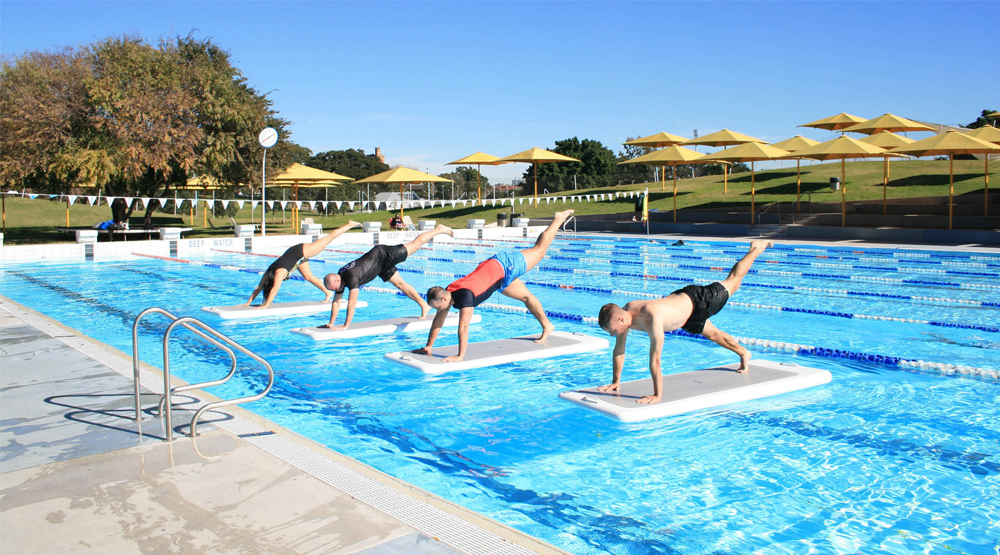The recent buzz around chloroquine and hydroxychloroquine as potential treatments for COVID-19 has led some to wrongly assume that quinine is equally effective, prompting misguided calls for people to use stock quinine as a remedy. This is not accurate—quinine, while chemically related, is not the same as chloroquine or hydroxychloroquine, and there's no evidence it helps with the virus. Chloroquine and hydroxychloroquine have shown promise in early studies, particularly in their ability to alter cell chemistry, making it harder for the virus to replicate. These drugs are already used for malaria and autoimmune diseases, and initial reports from February suggested they might be useful against SARS-CoV-2. Since then, more in-vitro research, case studies, and even a non-randomized trial in China have added to the growing body of evidence. In that Chinese study, patients treated with chloroquine and azithromycin turned PCR-negative within seven days, whereas many in the control group remained positive. However, the results were based on an "as-treated" population rather than an "intent-to-treat" one, which can skew outcomes. Despite this, several countries like South Korea and Japan have begun using these drugs cautiously in severe cases, and China may soon make them standard care. In the U.S., authorities have been more cautious, urging doctors to wait for randomized trials before prescribing them. Still, some physicians have used these drugs in life-threatening cases. Meanwhile, public figures have fueled interest, leading to shortages in some areas. Fortunately, global supply chains are robust—millions of people take chloroquine daily for malaria, and major manufacturers are increasing production. It’s important to remember: if these drugs work, they’ll help those already infected, potentially reducing deaths and easing hospital strain. But they won’t prevent infection, especially since most cases spread before symptoms appear. They’re unlikely to be needed for mild cases, which make up the majority of infections. So, while chloroquine and hydroxychloroquine may play a role in treating severe cases, they’re not a silver bullet. The pandemic will require a combination of measures—including vaccines, testing, and social distancing—to fully contain it. Stay informed, follow reliable sources, and avoid self-medicating. As for quinine? It’s best left in your gin and tonic. Not for fighting viruses—just for flavor.
Inflatable Water Yoga Mat, it will break your previous experience and cognition of yourself, let your yoga path open a beautiful new world, an innovative way to practice yoga in water.
â— DOING Floating Yoga Mat is made of double wall PVC material, which is waterproof, tear-resistant, UV-resistant and flame-retardant.
â— The surface of the water inflatable yoga mat is made of EVA foam to prevent slipping.
â— Moreover, we are able to provide customized services according to your specific requirements.
Floating Yoga Mat,Inflatable Water Yoga Mat,Pool Yoga Mat,Inflatable Yoga Mat Danyang Doing Articles Co.,Ltd , https://www.dydoing.com